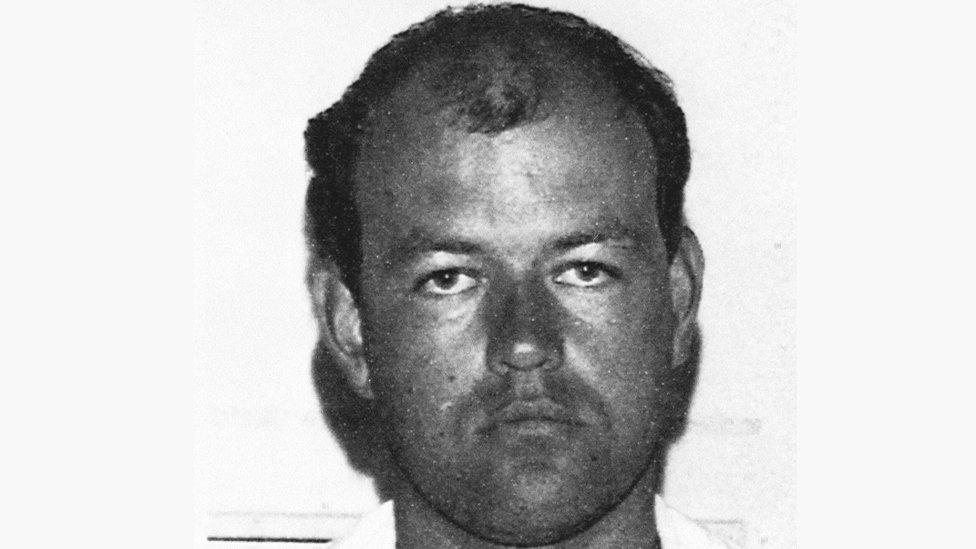Double child murderer Colin Pitchfork faces fresh hearing over release
- Published
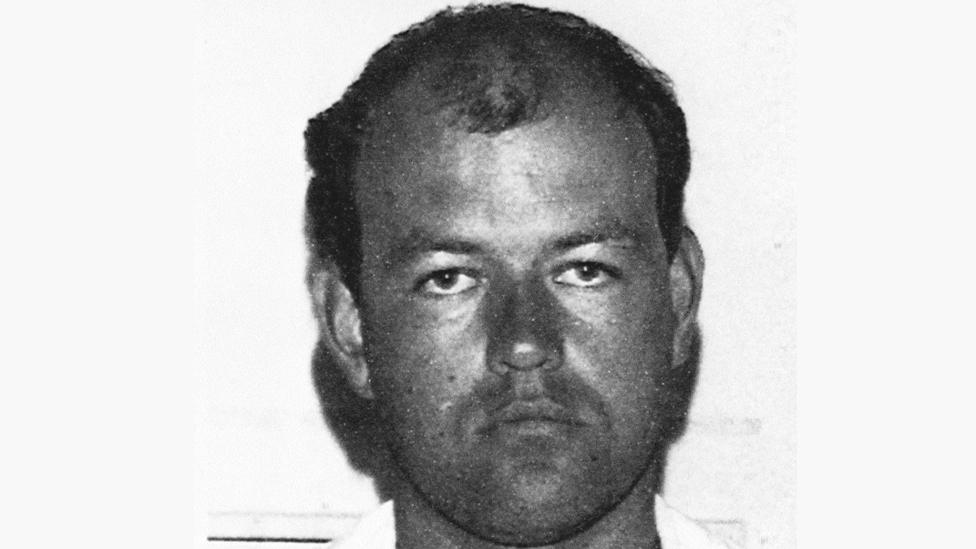
Colin Pitchfork was jailed for life for raping and strangling Lynda Mann and Dawn Ashworth
Double child rapist and murderer Colin Pitchfork will face a fresh hearing after challenging a decision to keep him behind bars.
Pitchfork was jailed for life for raping and strangling two 15-year-old girls, Lynda Mann and Dawn Ashworth, in Leicestershire in 1983 and 1986.
He was granted parole but this was challenged by ministers and the Parole Board denied his release in December.
Pitchfork applied for that decision to be reconsidered, and this was granted.
It means he will face a new hearing with a different panel of Parole Board members.
In a statement, the Parole Board said: "Mr Pitchfork made an application for reconsideration in December 2023 and this was considered and granted by a reconsideration member of the Parole Board in February 2024."
The "complete re-hearing" will take place in due course.
"Mr Pitchfork has, and will continue to, remain in prison until this case has fully concluded," the board added.
Dawn Ashworth's mother Barbara told the PA News agency: "Words fail me now.
"He seems to want to fight no matter what. He's killed two schoolgirls. I know what I'd do. I'd throw away the key."
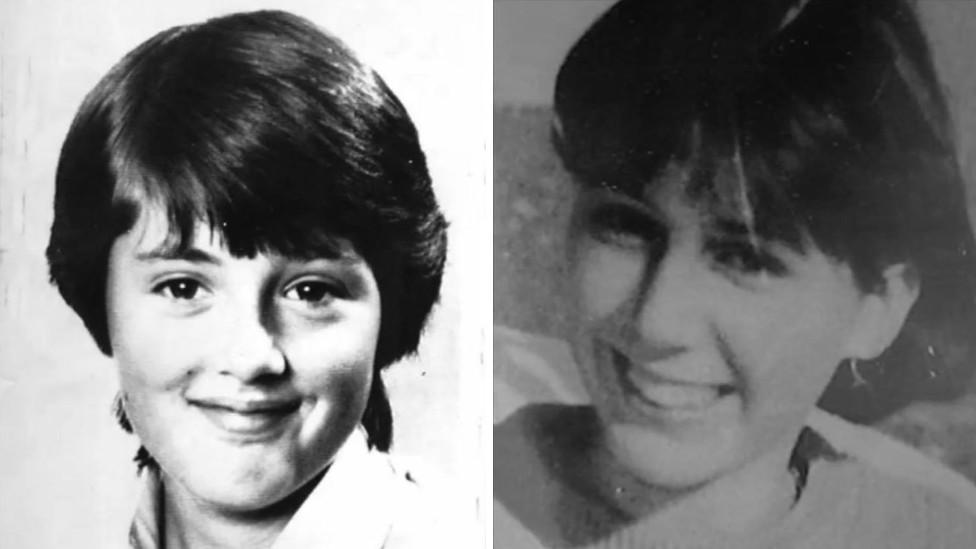
Dawn Ashworth and Lynda Mann were raped and murdered by Pitchfork
Pitchfork, who was the first murderer to be convicted using DNA evidence, was released in 2021 but recalled two months later.
The Parole Board deemed his recall "inappropriate" after it was established he had not gone anywhere he was not allowed to visit, and one condition of his release - a requirement to take polygraph tests - was, in fact, unlawful.
Pitchfork was granted parole in June last year, but concerns about the danger Pitchfork posed caused Justice Secretary Alex Chalk to intervene, making an "application for reconsideration".
A judge, when asked to reconsider the June decision to release, agreed it was "irrational", leading to the panel hearing later in the year, which resulted in Pitchfork's release being denied.
Parole Board decisions on whether to release criminals are initially provisional, and its rules state that the prisoner and justice secretary have 21 days to appeal against a ruling on the grounds it is irrational, procedurally unfair and/or there has been an error of law.
In his challenge, Pitchfork had argued the decision was irritational, because the panel had failed to take account of comments from his prison offender manager, which had recommended he be released.
The Parole Board said it had a "duty" to take this view into account, and "give adequate reasons" for any disagreement on it, but found that had not happened.
Pitchfork had also argued the decision was "procedurally unfair", as he said the panel had found his recall to prison was "not justified", but then proceeded to determine that he should not be re-released.
He also said the panel had "overemphasised the significance of polygraph testing within the context of a very extensive monitoring plan for [Pitchfork's] release".
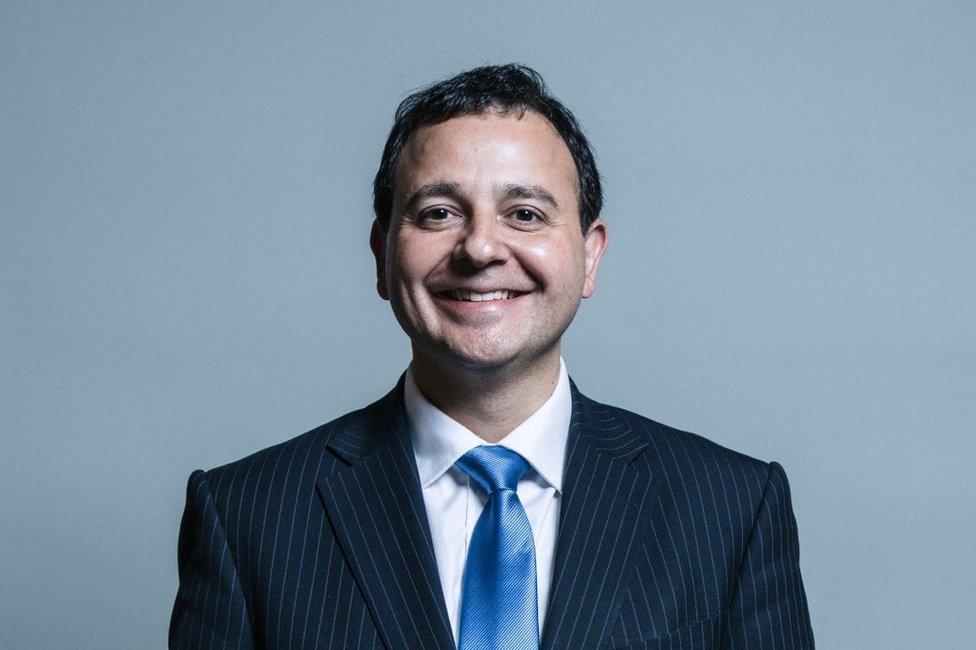
South Leicestershire MP Alberto Costa has campaigned against Pitchfork's release
Mr Chalk is now seeking an "urgent meeting" with the Parole Board following Monday's announcement.
Conservative MP for South Leicestershire Alberto Costa, who has been campaigning against Pitchfork's release, said the decision to accept Pitchfork's request was "in itself an irrational decision".
"Once again, the Parole Board is demonstrating its utter inability to appropriately deal with this dangerous man who we must never forget brutally raped and strangled two young women," he said.
Mr Costa said he intended to apply for Pitchfork's hearing to be heard in public in a bid to ensure "proper scrutiny" of the decision-making process.
A similar request was previously rejected, which meant the hearings on 2 October, 3 October and 6 November took place behind closed doors.
A Ministry of Justice spokeswoman said: "Our heartfelt sympathies remain with the families of Lynda Mann and Dawn Ashworth at this difficult time.
"This government is reforming the parole system to add a ministerial check on the release of the most dangerous criminals and are changing the law so that for society's most depraved killers, life means life."

Colin Pitchfork: Two brutal murders
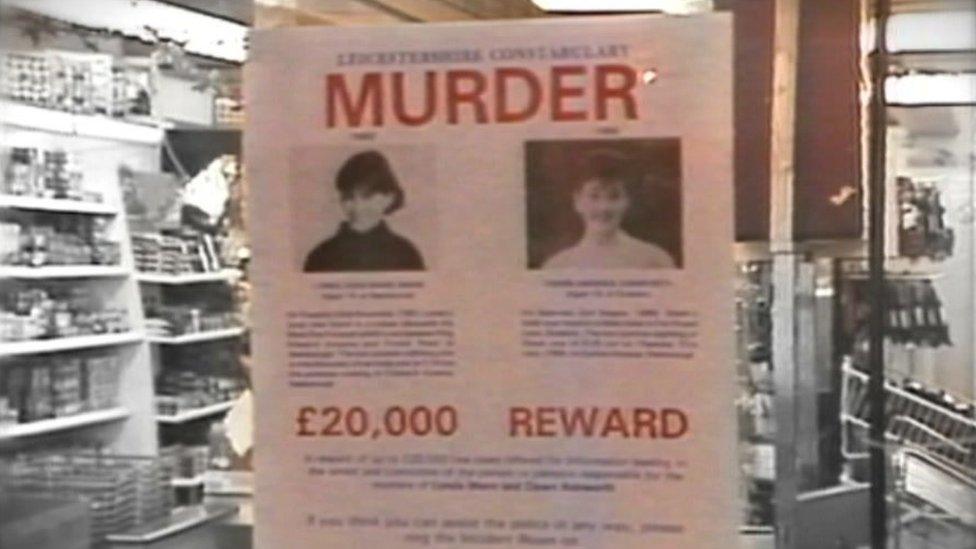
Colin Pitchfork, 22 at the time of the first murder, was married with two sons. He was a baker who grew up in rural Leicestershire and lived in Littlethorpe
In November 1983 he left his baby son sleeping in the back of his car and raped and strangled 15-year-old Lynda Mann in Narborough. He then drove home and put his son to bed
Three years later, less than a mile from where Lynda died, he raped and murdered Dawn Ashworth, also 15, of Enderby. The pathologist who examined her body described it as a "brutal sexual assault"
A police investigation initially led to the wrong person, a local 17-year-old who falsely confessed to one of the killings. After an unprecedented mass screening of 5,000 men using pioneering "DNA profiling" technology, Pitchfork was eventually caught. At first, he had evaded justice by persuading a colleague to take the test for him
He pleaded guilty to both murders in September 1987 and was sentenced to life in January 1988. The judge said the killings were "particularly sadistic" and he doubted Pitchfork would ever be released
In 2009, his 30-year life tariff was reduced by two years, external for "exceptional progress" - a decision that was strongly criticised by the families of his victims
He was moved to an undisclosed open prison at some point prior to 8 January 2017, after his request for release

Follow BBC East Midlands on Facebook, external, on X, external, or on Instagram, external. Send your story ideas to eastmidsnews@bbc.co.uk, external.
Related topics
- Published7 December 2023

- Published15 September 2023

- Published7 March 2023

- Published7 December 2022
